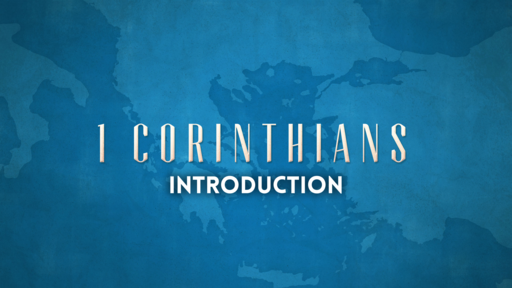After this, Paul left Athens and went to Corinth.
There he met a Jew named Aquila, a native of Pontus, who had recently come from Italy with his wife Priscilla, because Claudius had ordered all Jews to leave Rome. Paul went to see them,
and because he was a tentmaker as they were, he stayed and worked with them.
Every Sabbath he reasoned in the synagogue, trying to persuade Jews and Greeks.
When Silas and Timothy came from Macedonia, Paul devoted himself exclusively to preaching, testifying to the Jews that Jesus was the Messiah.
But when they opposed Paul and became abusive, he shook out his clothes in protest and said to them, “Your blood be on your own heads! I am innocent of it. From now on I will go to the Gentiles.”
Then Paul left the synagogue and went next door to the house of Titius Justus, a worshiper of God.
Crispus, the synagogue leader, and his entire household believed in the Lord; and many of the Corinthians who heard Paul believed and were baptized.
One night the Lord spoke to Paul in a vision: “Do not be afraid; keep on speaking, do not be silent.
For I am with you, and no one is going to attack and harm you, because I have many people in this city.”
So Paul stayed in Corinth for a year and a half, teaching them the word of God.
While Gallio was proconsul of Achaia, the Jews of Corinth made a united attack on Paul and brought him to the place of judgment.
“This man,” they charged, “is persuading the people to worship God in ways contrary to the law.”
Just as Paul was about to speak, Gallio said to them, “If you Jews were making a complaint about some misdemeanor or serious crime, it would be reasonable for me to listen to you.
But since it involves questions about words and names and your own law—settle the matter yourselves. I will not be a judge of such things.”
So he drove them off.
Then the crowd there turned on Sosthenes the synagogue leader and beat him in front of the proconsul; and Gallio showed no concern whatever.
Paul stayed on in Corinth for some time. Then he left the brothers and sisters and sailed for Syria, accompanied by Priscilla and Aquila. Before he sailed, he had his hair cut off at Cenchreae because of a vow he had taken.

